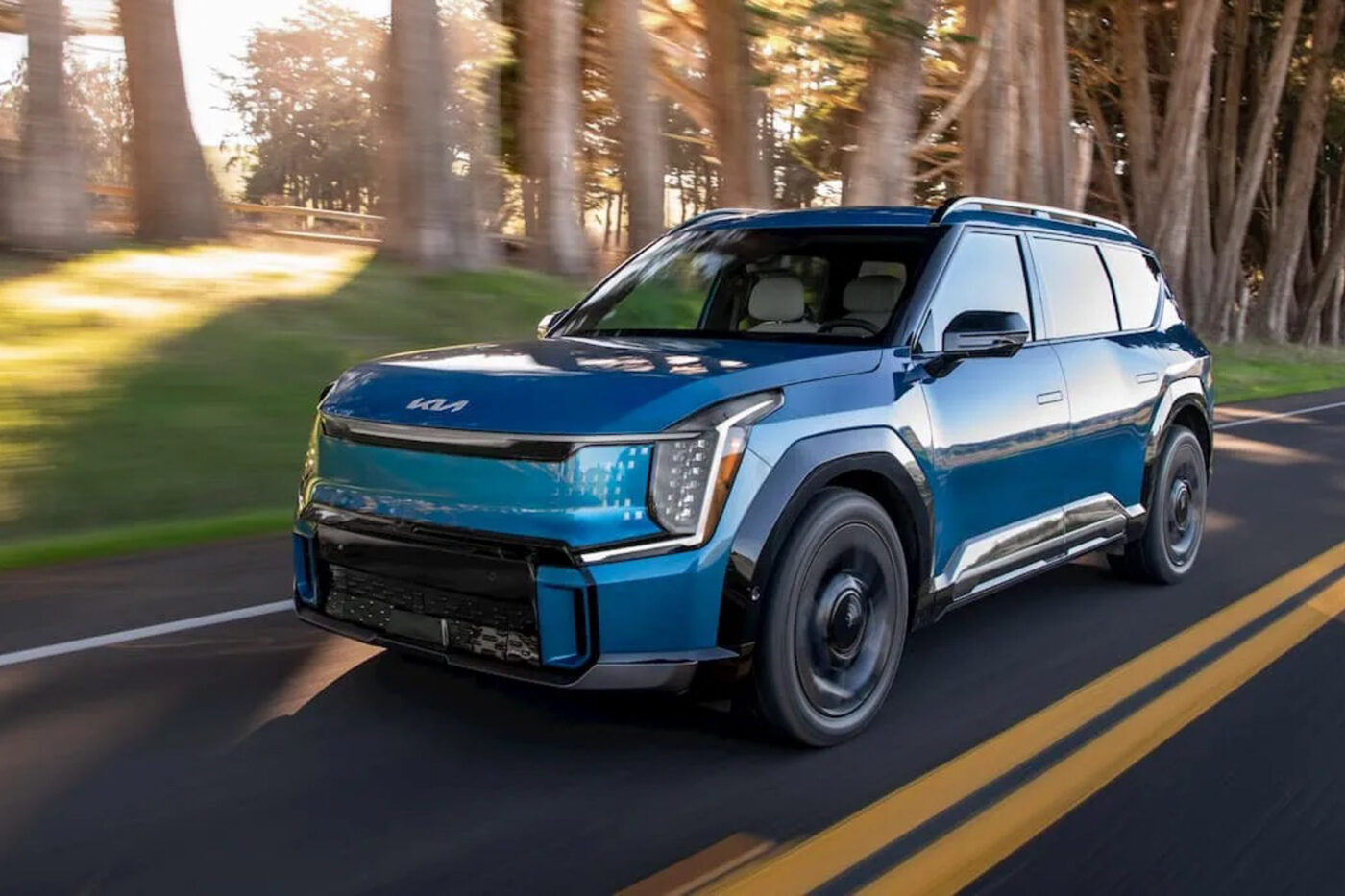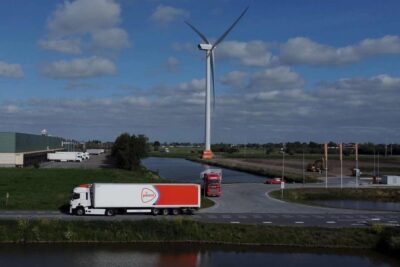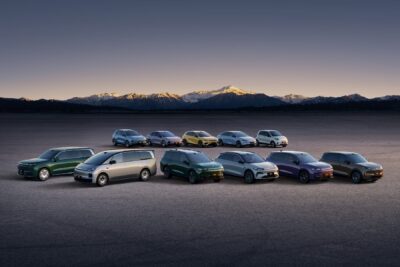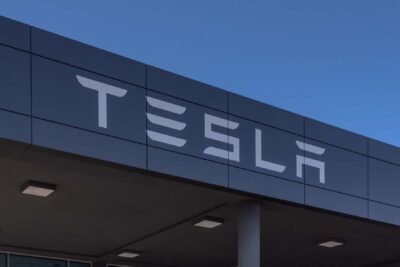Kia could scale back US production of the EV9
The Korea Herald reports, citing unnamed industry sources, that in the third quarter, Hyundai produced only 21 units of the EV9 at the Hyundai Motor Group Metaplant America (HMGMA)—and only one of those vehicles is said to have been sold in the United States.
This initially sounds alarming but represents only part of the truth. The HMGMA is only meant to become the second US facility for the EV9, with the model already being produced at the existing West Point plant since May, alongside combustion SUVs. The report provides no information about production at that site. The low Q3 production of the EV9 at HMGMA is not unusual, as the plant officially opened only in early October—with the initial focus on the Hyundai Ioniq 5, which, like the EV9, uses the E-GMP electric vehicle platform.
Nevertheless, it remains uncertain how Kia will further advance its plans to make the EV9 in the US. Without changes, this seems unlikely at present. The electric SUV uses battery cells from the South Korean supplier SK On, manufactured at a facility in China. According to the report, this is the basis for Kia’s “hesitation” to ramp up production of the EV9. Back in September, the COO of Kia America mentioned that the company was currently waiting to scale up US production of the electric SUV—pending the availability of locally manufactured batteries.
The IRA classifies China as a “Foreign Entity of Concern” (FEOC). An FEOC is defined as any foreign company as an entity “owned by,” “controlled by,” or “subject to the jurisdiction or direction of” a government of a covered country. The provision mainly targets China, but also includes Russia, North Korea, and Iran. The US government aims to secure its supply chain and ensure that US subsidies do not support hostile nations.
From 2025, electric vehicles using battery materials from FEOC countries will no longer receive the full $7,500 subsidy. Currently, the EV9 qualifies for only half this amount, or $3,750. A Kia employee told The Korea Herald: “The EV9 is ineligible to benefit from the full IRA benefits due to the battery issue, along with other factors, including price.” Prices for the EV9 start at $56,395.
Until the Georgia facility gets US-manufactured batteries (Hyundai is currently building a battery production plant in Georgia with SK On, with another joint venture with LG Energy Solution established), the EV9 will face a price disadvantage compared to other models in the US market. Most EV9 units currently sold in the US are imported from South Korea. The launch of the EV9 is considered a key factor in Kia’s ability to increase its electric vehicle sales in the US by 70%, according to Electrek.
Should US President-elect Donald Trump, as announced, eliminate the US tax credits for electric vehicles, this could further affect plans surrounding the EV9.





0 Comments